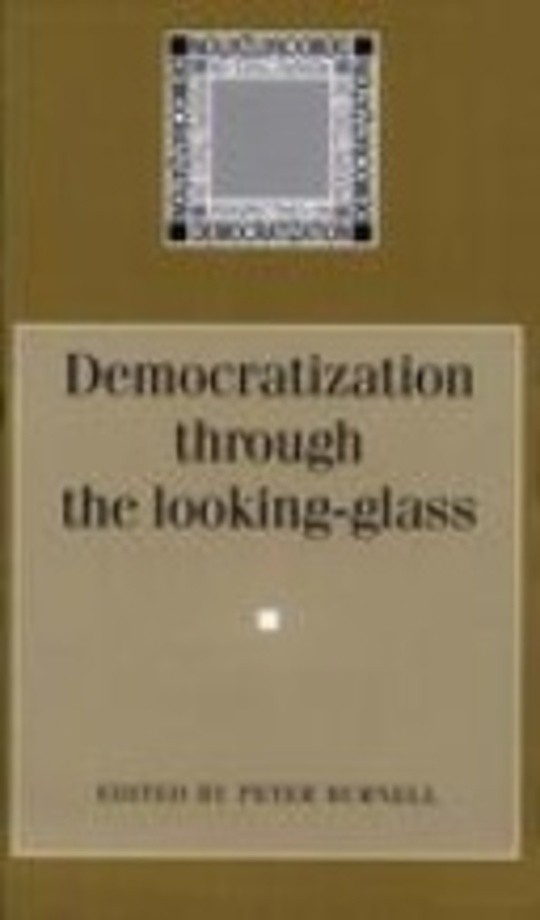
Looking for Loopholes
Free
Description
Contents
Reviews
Language
English
ISBN
90-5356-600-7
Contents
Acknowledgements
1 Incorporation of illegal immigrants and 'internal migration control'
1.1 Setting of the scene
1.2 Immigration to the Netherlands
1.3 Definitions of illegality
1.4 Theories on migration and in corporation
1.5 The labour market dimension
1.6 The policy dimension
1.7 Research questions
1.8 Methods and sources
2 Loopholes in the labour market: informal employment
2.1 Introduction: informalisation
2.2 State regulation and opportunities
2.3 Employment of illegal immigrants in Rotterdam
2.4 Making a living and moving up the ladder
2.5 Conclusions
3 Crime as alternative option: illicit employment
3.1 Crime
3.2 The illegality - criminality nexus
3.3 Differential opportunity structures
3.4 Data and definitions
3.5 Apprehensions of illegal immigrants
3.6 North African immigrants in the drug economy
3.7 Conclusions
4 Internal surveillance in practice: the police
4.1 Internal surveillance
4.2 Police officers as street-level bureaucrats
4.3 The organisational context
4.4 Appre hension practices
4.5 Expulsion practices
4.6 Conclusions
5 Close encounters with the welfare state: limits of the Linking Act
5.1 Illegal immigrants and welfare state provisions
5.2 Close encounters with the welfare state
5.3 Human Service Organisations
5.4 The introduction of the Linking Act
5.5 Practices prior to the Linking Act
5.6 After the Linking Act: old and new dilemmas
5.7 Conclusions
6 Summary and conclusions. Legal limits to incorporation, social limits to internal control
6.1 Incorporation and implementation
6.2 Legal limits to incorporation
6.3 Social limits to internal control
6.4 Policy implications and policy options
Appendices
1. Interviews with illegal immigrants in Rotterdam
2. Police files
3. Interviews with police officers
4. Interviews in other sectors
Notes
References
Newspaper articles
Index of names
The book hasn't received reviews yet.











